Data-Driven Gains: Using AI to Unlock Your Body's Full Potential
In the modern age, the intersection of artificial intelligence (AI) and human physiology offers unprecedented opportunities to enhance health and wellness. This convergence is not merely a futuristic concept but a present-day reality, where data-driven insights are unlocking new dimensions of human potential. By leveraging AI, individuals can gain a deeper understanding of their bodies, optimize their health, and achieve personal goals more efficiently. This article delves into the multifaceted ways AI is revolutionizing personal health, from personalized nutrition and fitness to mental well-being and chronic disease management, illustrating how data-driven strategies are empowering individuals to reach their full potential.
Personalized Nutrition: Tailoring Diets with AI

AI is transforming the way we approach nutrition by offering personalized dietary recommendations based on individual data. Using algorithms that analyze genetic information, lifestyle habits, and health records, AI can suggest optimal nutrient intake tailored to a person's unique needs. This approach moves beyond generic dietary guidelines, enabling individuals to make informed decisions that align with their metabolic profiles and health goals. For instance, AI-driven apps can recommend meal plans that cater to specific dietary restrictions or health conditions, ensuring that nutrition is not only effective but also sustainable. As a result, individuals can achieve better health outcomes and maintain optimal energy levels throughout their daily activities.
AI-Powered Fitness: Optimizing Workouts for Maximum Results

Fitness enthusiasts are increasingly turning to AI to enhance their workout routines and achieve maximum results. AI-powered fitness platforms analyze user data, such as physical activity levels, heart rate, and recovery patterns, to create personalized exercise programs. These programs are designed to optimize performance, prevent injury, and accelerate progress. By continuously learning from user feedback and biometric data, AI systems can adjust workouts in real-time, ensuring that individuals are always challenged yet safe. This dynamic approach not only boosts motivation but also helps users reach their fitness goals more efficiently, whether it's building muscle, improving endurance, or increasing flexibility.
Sleep Optimization: Enhancing Rest with AI Insights
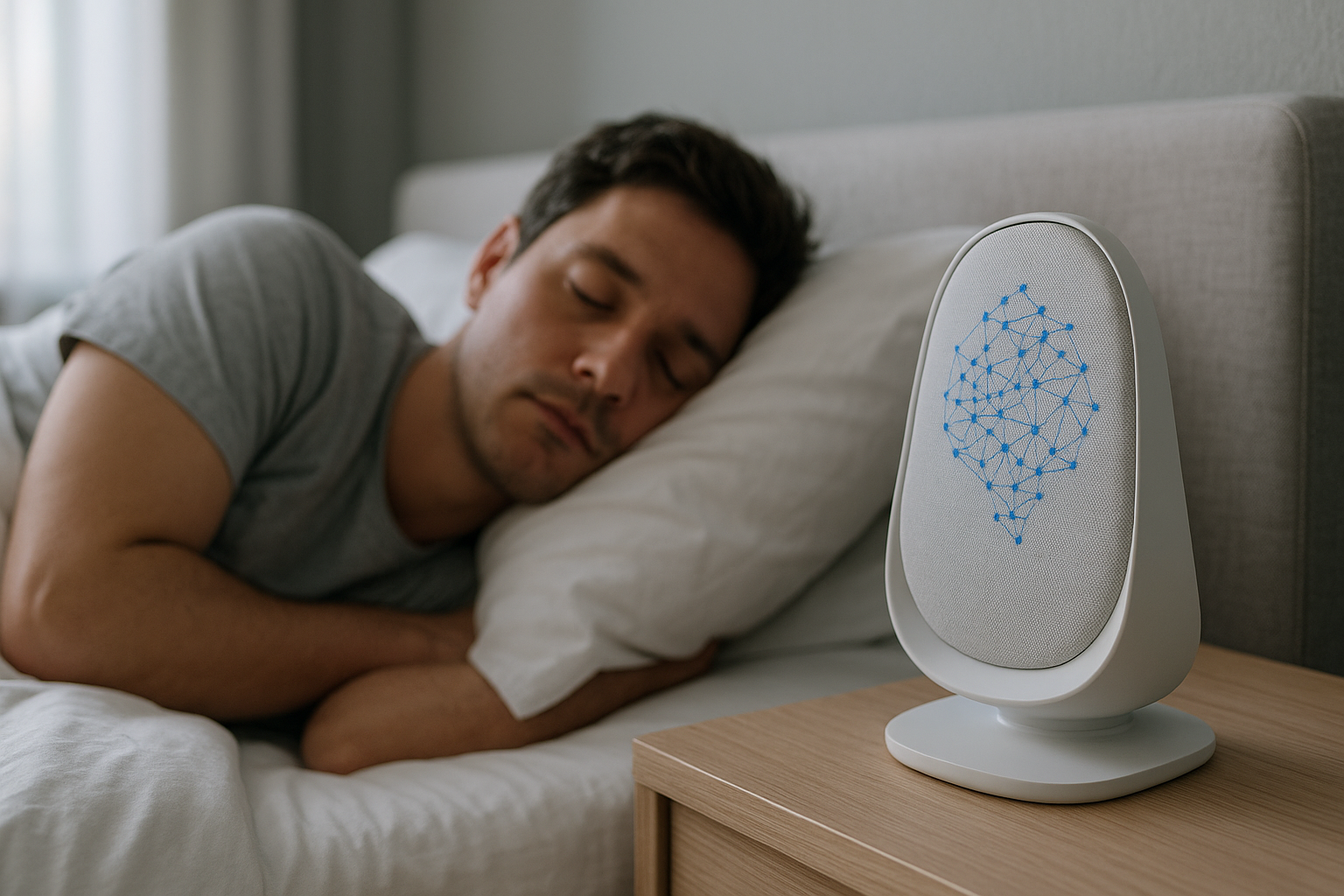
Quality sleep is crucial for overall health, and AI is playing a pivotal role in helping individuals optimize their rest. By analyzing data from wearable devices and sleep-tracking apps, AI can identify patterns and disturbances in sleep cycles. These insights enable users to make informed changes to their sleep environment and habits, leading to improved sleep quality. AI can also provide personalized recommendations for bedtime routines, such as relaxation techniques or optimal sleep schedules, tailored to individual circadian rhythms. With better sleep, individuals experience enhanced cognitive function, mood stability, and physical health, contributing significantly to unlocking their full potential.
Mental Health: AI's Role in Emotional Well-being

AI is increasingly being utilized to support mental health by providing accessible and personalized care. Through the analysis of behavioral data and self-reported symptoms, AI can identify early signs of mental health issues and suggest interventions. AI-driven platforms offer virtual therapy sessions, mood tracking, and mindfulness exercises, helping individuals manage stress, anxiety, and depression. By offering 24/7 support and resources, AI makes mental health care more accessible and less stigmatized. This proactive approach empowers individuals to take charge of their emotional well-being, fostering resilience and improving overall quality of life.
Chronic Disease Management: AI's Impact on Long-term Health
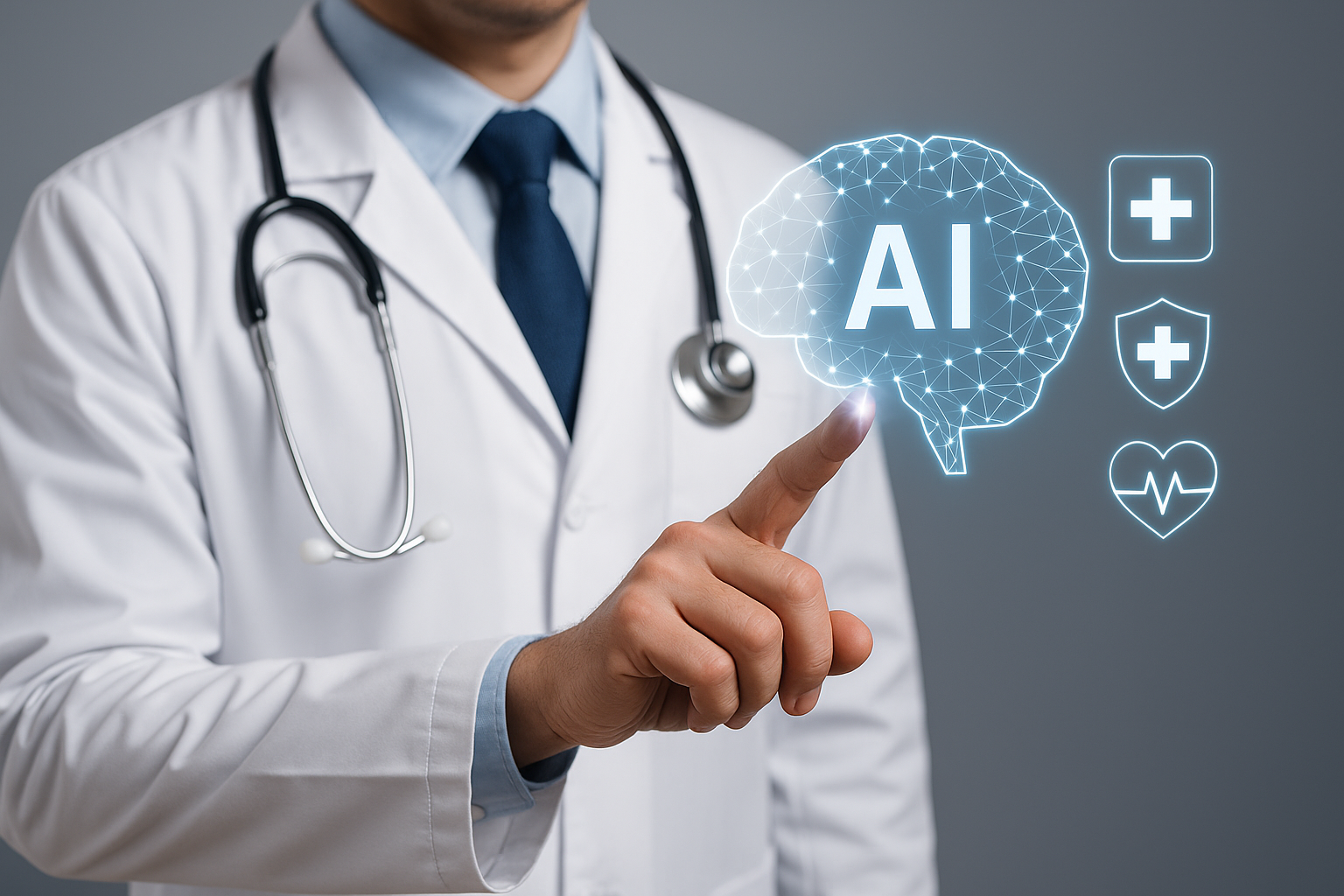
For individuals managing chronic diseases, AI offers tools to monitor and improve their health outcomes effectively. By integrating data from medical records, wearable devices, and patient-reported outcomes, AI can provide personalized treatment plans and predict potential health complications. This proactive approach allows for timely interventions, reducing hospital visits and improving quality of life. AI systems can also facilitate better communication between patients and healthcare providers, ensuring that treatment plans are continuously optimized based on real-time data. As a result, individuals with chronic conditions can maintain better control over their health and lead more fulfilling lives.
Genomics and AI: Decoding the Blueprint of Health
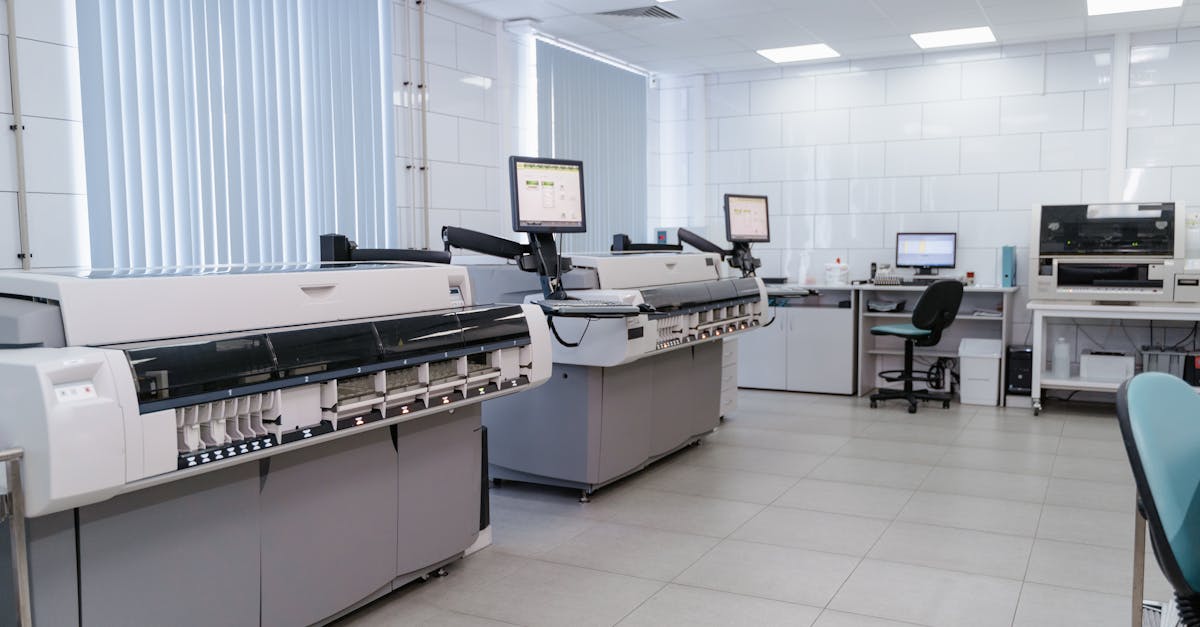
The field of genomics is being revolutionized by AI, offering new insights into the genetic factors that influence health and disease. AI algorithms can analyze vast amounts of genetic data to identify risk factors for various conditions, enabling personalized prevention strategies. This information empowers individuals to make informed lifestyle choices that align with their genetic predispositions. Moreover, AI can assist in the development of targeted therapies, making treatments more effective and reducing the risk of adverse effects. By understanding the genetic blueprint of health, individuals can take proactive steps to enhance their well-being and prevent potential health issues.
Real-time Health Monitoring: The Future of Preventive Care

AI is at the forefront of real-time health monitoring, offering a glimpse into the future of preventive care. Wearable devices equipped with AI technology can continuously track vital signs, physical activity, and other health metrics, providing users with instant feedback on their health status. This real-time data allows individuals to make immediate lifestyle adjustments, such as increasing physical activity or managing stress levels, to prevent potential health issues. Additionally, AI can alert users and healthcare providers to any concerning trends, facilitating early intervention and reducing the risk of serious health complications. This proactive approach to health monitoring empowers individuals to maintain optimal health and well-being.
AI and Telemedicine: Bridging the Gap in Healthcare Access
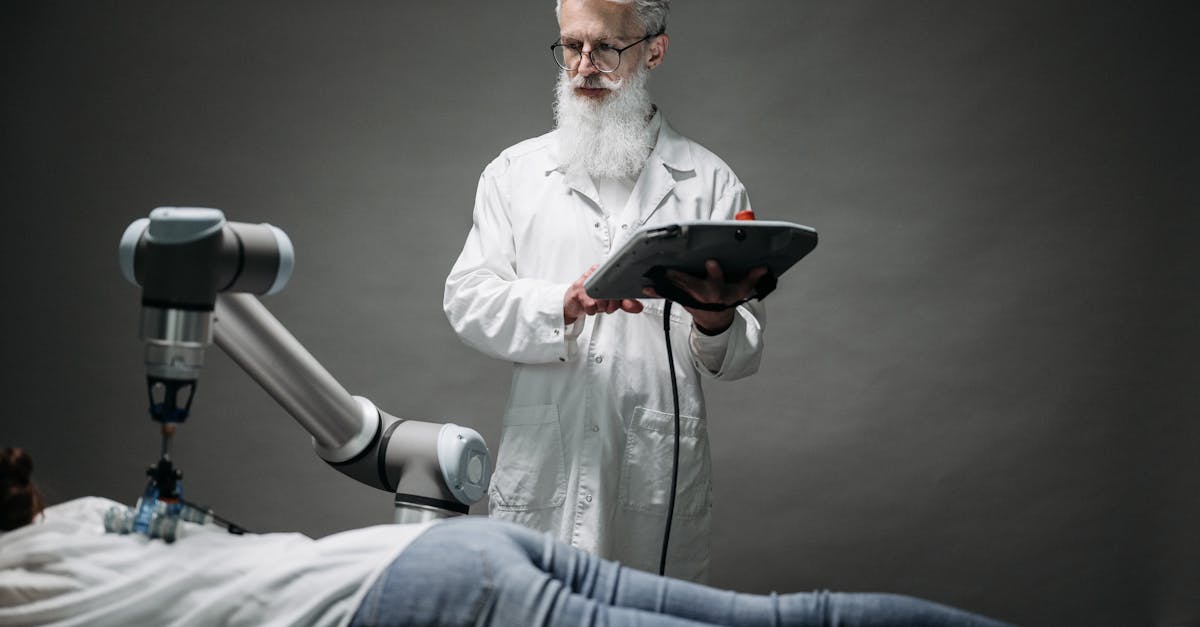
The integration of AI with telemedicine is transforming healthcare delivery by making it more accessible and efficient. AI-powered platforms can triage patients, diagnose conditions, and recommend treatment plans, all through virtual consultations. This technology is particularly beneficial for individuals in remote or underserved areas, where access to healthcare is limited. By providing timely and accurate medical advice, AI-driven telemedicine reduces the need for in-person visits, saving time and resources for both patients and healthcare providers. This advancement not only improves healthcare accessibility but also enhances patient outcomes by ensuring that individuals receive the care they need promptly.
AI Ethics in Health: Balancing Innovation and Privacy
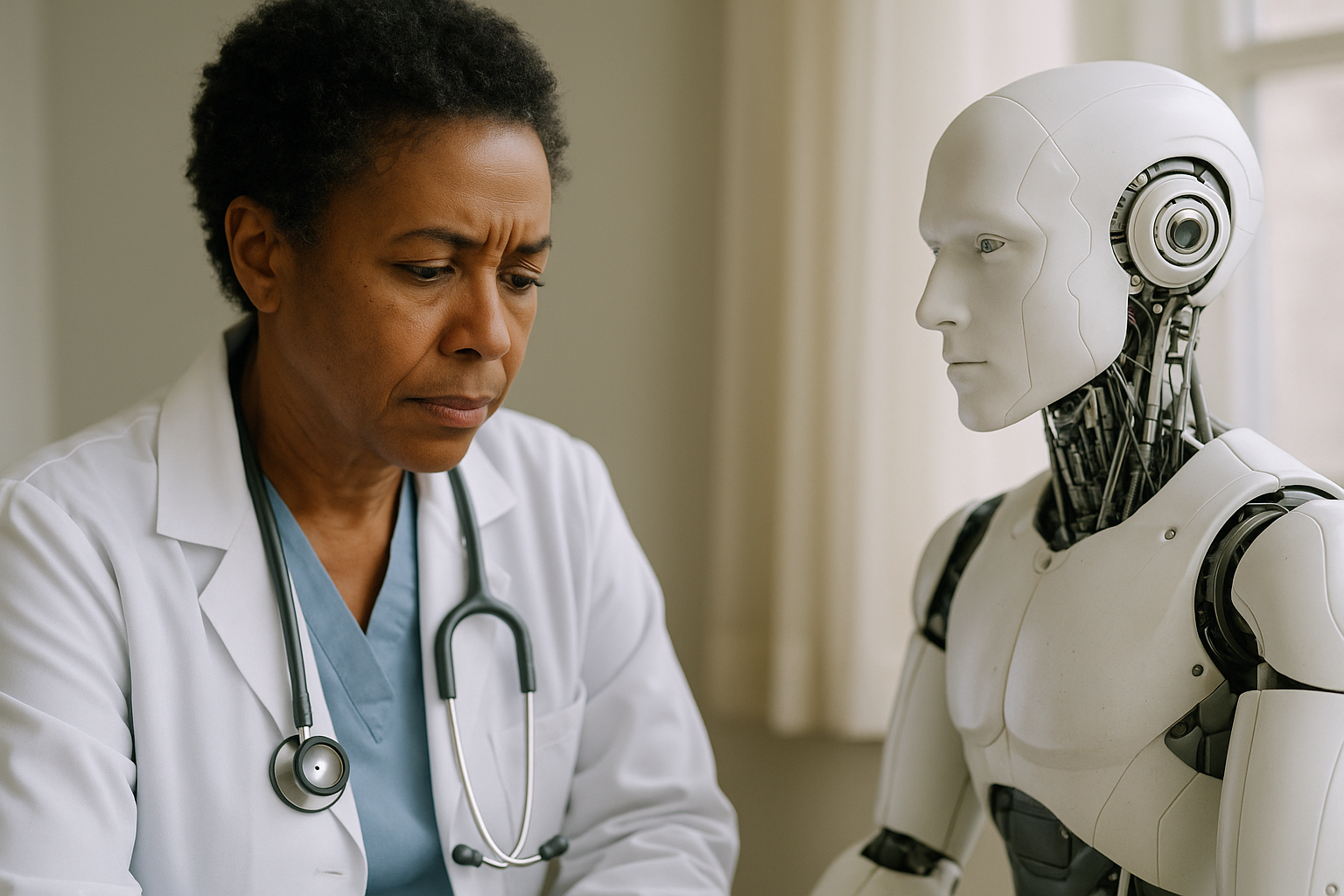
As AI continues to revolutionize personal health, ethical considerations are paramount to ensure that innovation does not come at the expense of privacy. The collection and analysis of personal health data raise concerns about data security and consent. It is crucial for AI developers and healthcare providers to implement robust data protection measures and ensure transparency in how data is used. Additionally, ethical guidelines must be established to prevent biases in AI algorithms that could lead to disparities in health outcomes. By balancing innovation with ethical considerations, AI can continue to enhance personal health while respecting individual privacy and rights.
The Role of AI in Health Education: Empowering Individuals
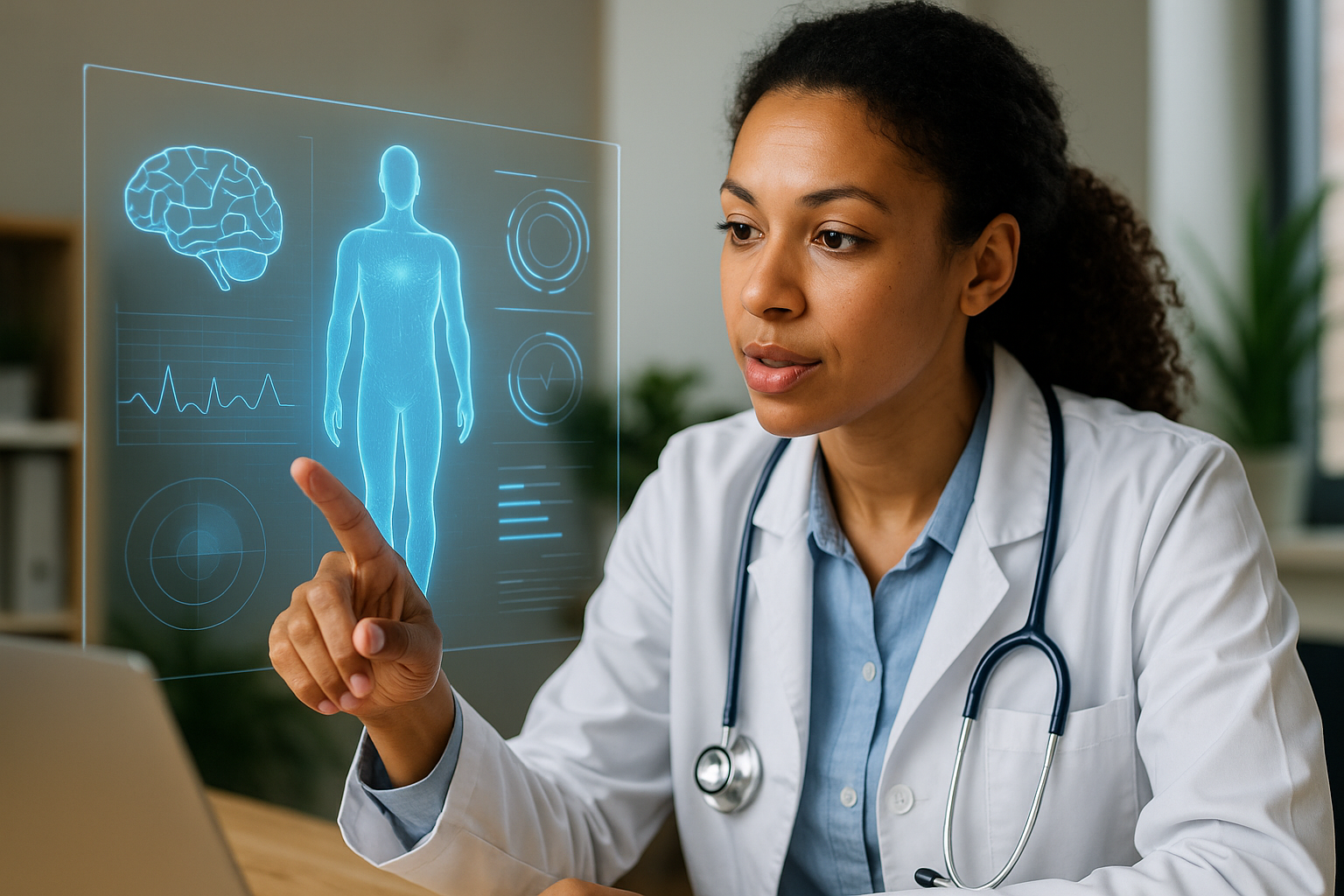
AI is playing a significant role in health education by providing personalized learning experiences that empower individuals to take charge of their health. AI-driven platforms can deliver tailored health information and resources based on individual needs and learning preferences. This approach helps users understand complex health topics, such as disease prevention, nutrition, and exercise, in an engaging and accessible manner. By fostering health literacy, AI empowers individuals to make informed decisions about their well-being and adopt healthier lifestyles. This knowledge serves as a foundation for individuals to unlock their full potential and achieve long-term health goals.
The Future of AI in Personal Health
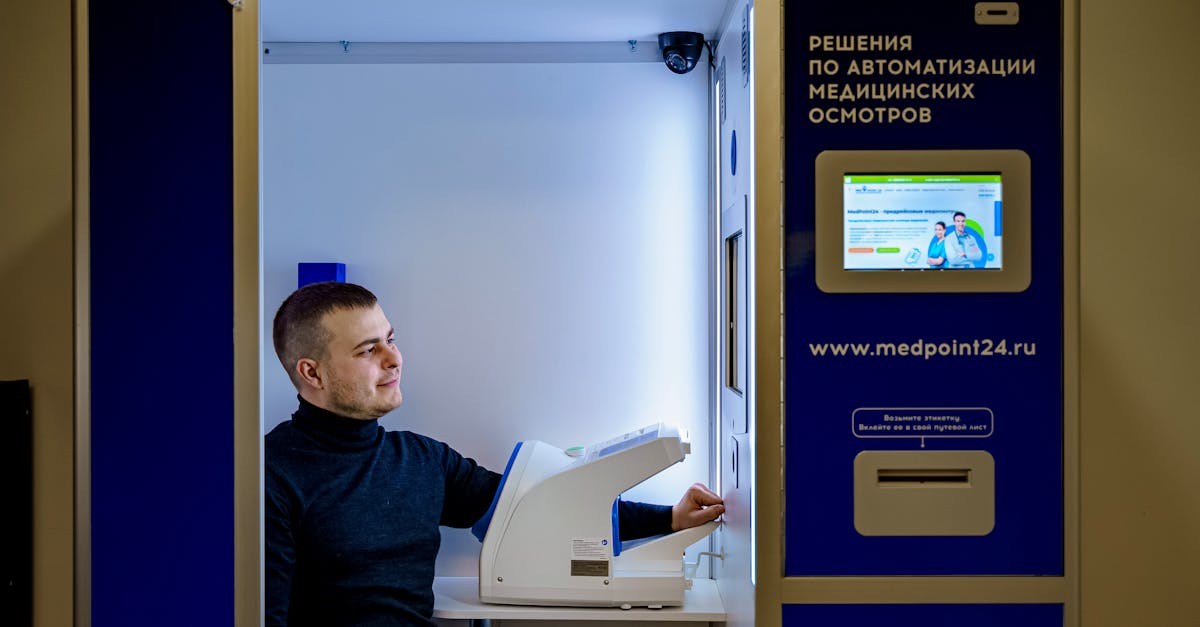
The integration of AI into personal health is not just a technological advancement but a paradigm shift in how individuals approach their well-being. By harnessing the power of data-driven insights, AI enables individuals to understand their bodies better, make informed decisions, and achieve their health goals more effectively. As AI continues to evolve, its potential to transform personal health is limitless, offering new opportunities for prevention, management, and optimization of health. The future of AI in personal health holds the promise of a more personalized, proactive, and empowered approach to well-being, paving the way for individuals to unlock their body's full potential.
